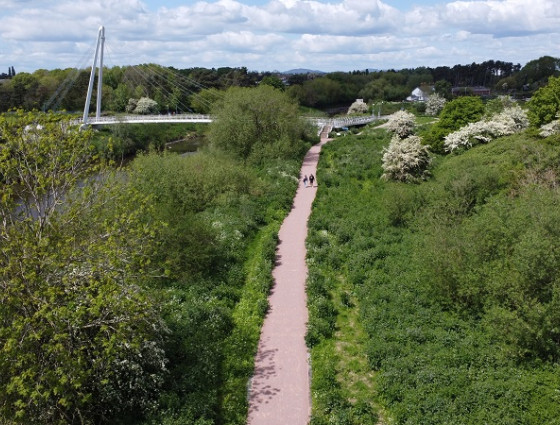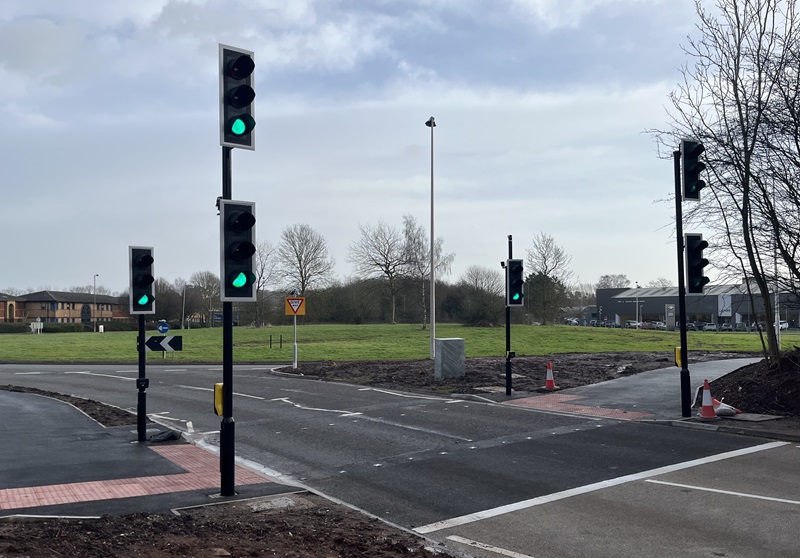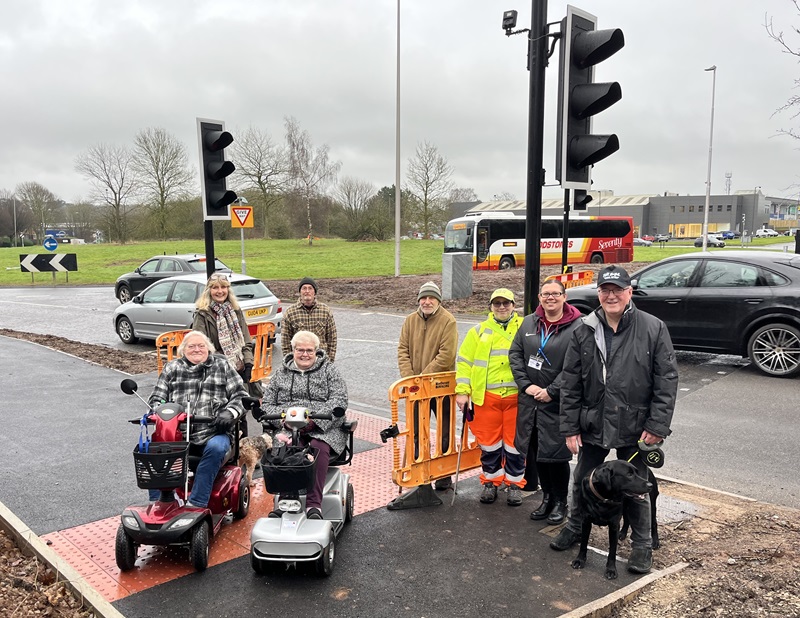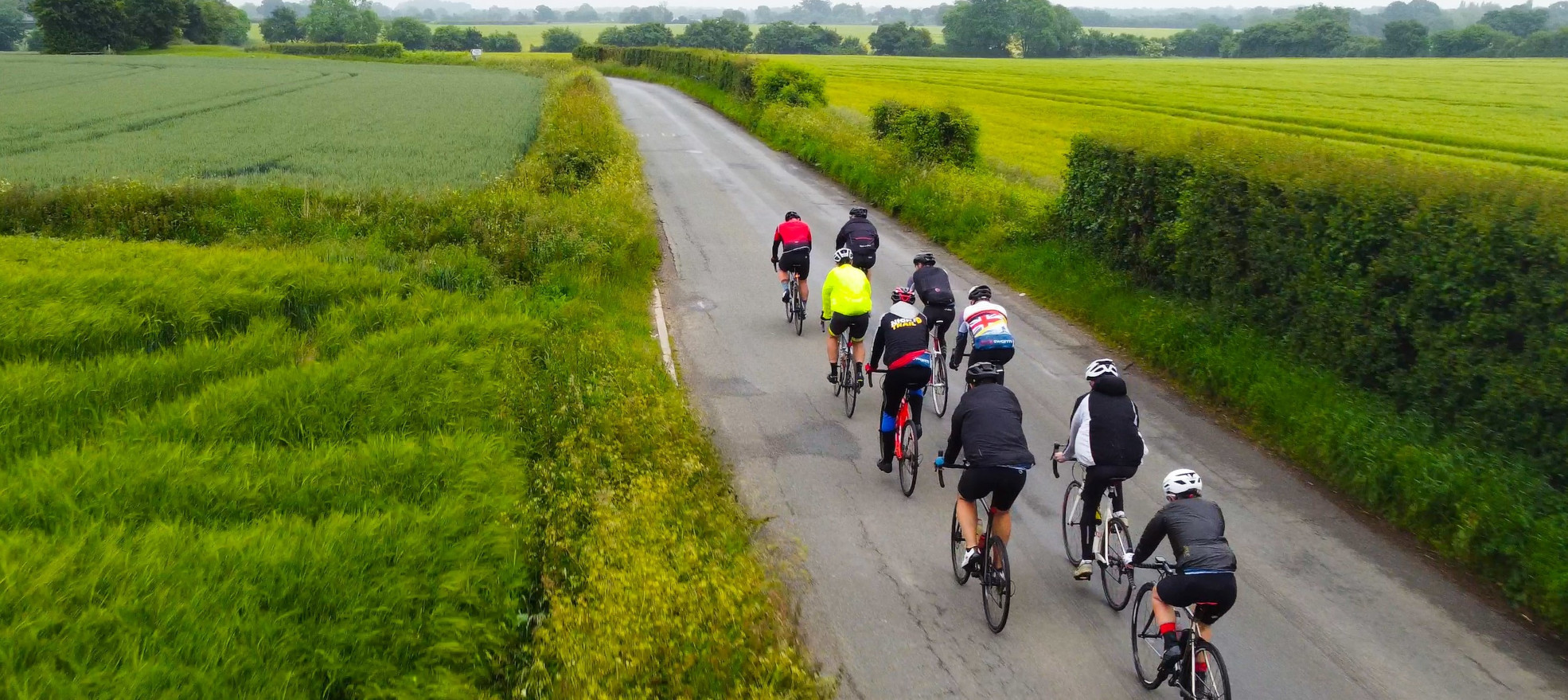
Active travel and improvements
Information about active travel and the wide range of improvements made across Worcestershire.
There have been a wide range of improvements made to active travel across Worcestershire in 2023 and in 2024.
Improvements include:
- bus stop improvements Bransford Road, Worcester
- canal towpath enhancements at Kidderminster and Blackpole, Worcester
- cycling and walking plans in development for Bromsgrove, Droitwich, Malvern, Pershore, Redditch, Worcester and Wyre Forest
- footpath developments at A38 Droitwich Road, Evesham, Diglis Bridge to St Marks, Worcester and Ryall and Upton footpath
- Public Rights of Way (PROW) at Worcester Riverside and Evesham
- new Zebra crossing at Wirehill Drive Redditch and Barley Mow Lane Catshill
- new Toucan crossing at Woodgreen Drive, Worcester
- new pedestrian signage in Malvern
- new pedestrian island at Ryall
- the installation of 29 dropped kerbs
- traffic calming at Bromsgrove Road, Redditch, Lower Wick, Worcester, Primsland Way, Droitwich and Church Road Malvern
Active Travel England Funding
We were invited to bid for funding from Active Travel England for the implementation of active travel schemes.
A bid was submitted which focused on two schemes; Improving the connectivity across Westlands Roundabout in Droitwich and Diglis Bridge to Power Park in Worcester.
The scheme at Westlands Roundabout includes the installation of two Toucan Crossings over the western arms of the A38, a shared used path from Kidderminster Road to Westwood Road, and an improved uncontrolled crossing facility over Meadow Road, leading to the Westlands Estate.
The scheme linking Diglis to Power Park includes the introduction of a 20mph zone and sinusoidal ramps along Waverley Street and Norton Road, an upgrade to the existing Zebra Crossing to a Toucan Crossing on St. Peter’s Drive, and shared use facilities along Old Norton Road.
Final allocation for the ATF4e bid was £748,899.
Maps detailing the works on both schemes can be found below.
Self Assessment
The Council has delivered a number of schemes in the county, compliant with LTN 1/20, including:
- fully segregated cycleways
- secure cycle parking
- junction enhancements for active travel
- route improvements
- new road crossings
- routes in 20mph zones
- three active travel bridges
Further proposals in development, include:
- significant walking and cycling provision integrated into major road network
- Levelling Up Funding applications
- committing internal Council funding to deliver a further two new active travel river bridges to enhance connectivity and facilitate modal shift
We have committed around £20million of project funding to active travel, and 33% of section 106 and section 278 funding from developers.




 Facebook
Facebook X
X Email
Email WhatsApp
WhatsApp Messenger
Messenger